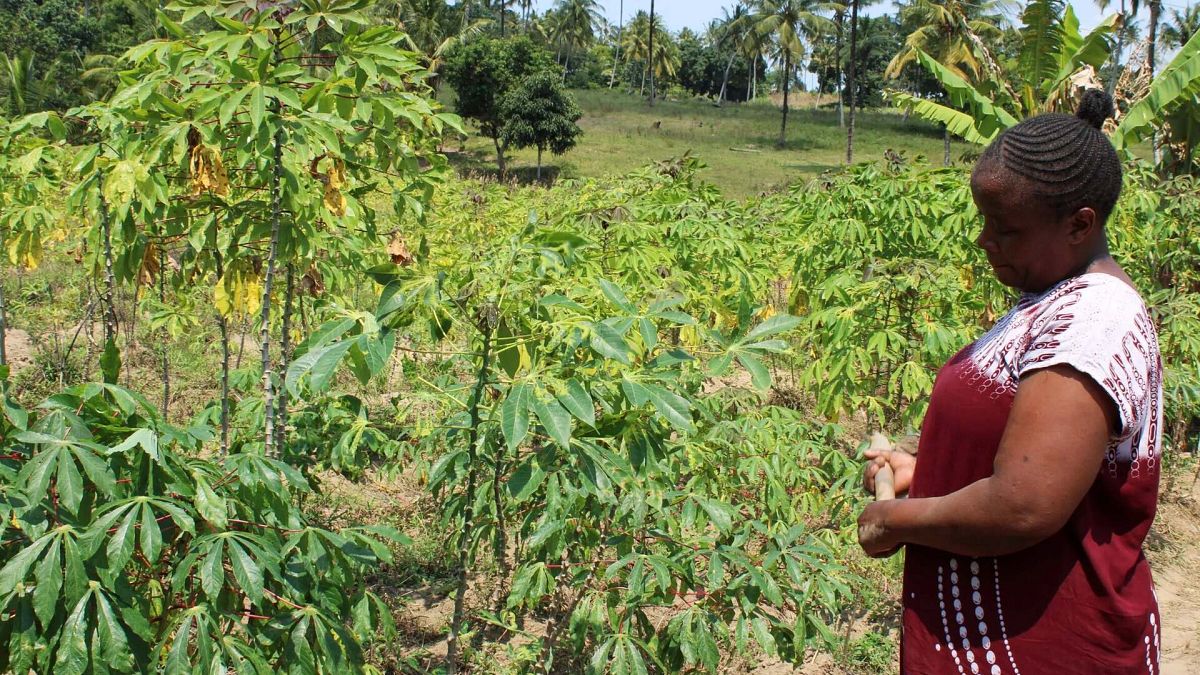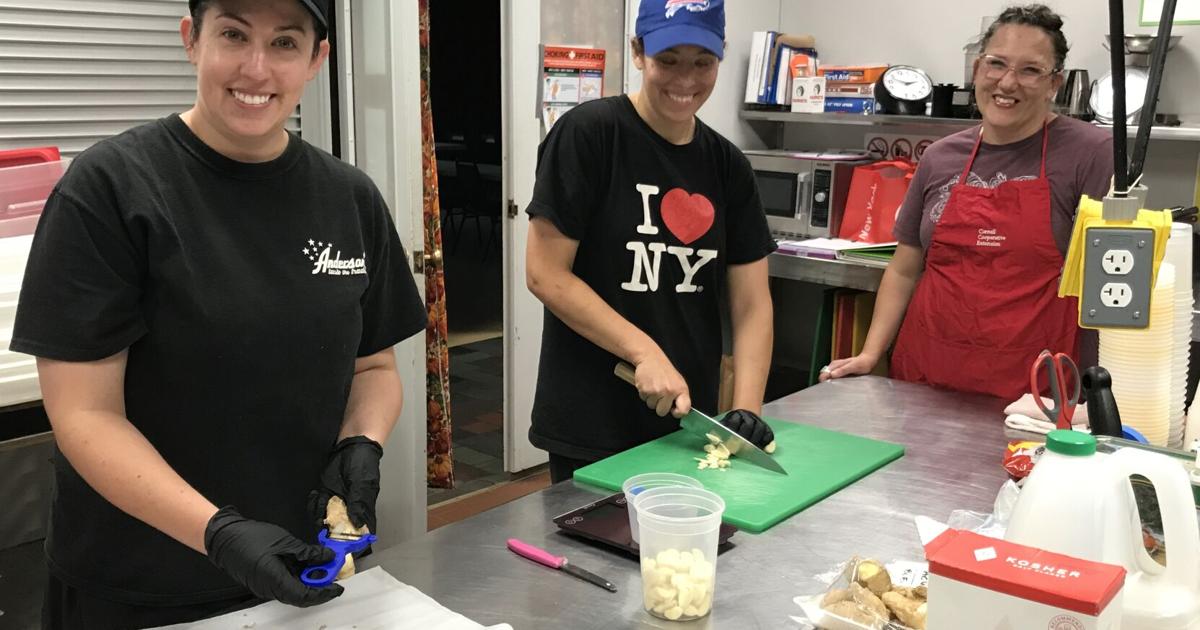Lee’s comments on food prices gives firms concern about possible gov’t action


President Lee Jae Myung speaks at a Cabinet meeting at the presidential office in Yongsan, central Seoul on Sept. 30. [PRESIDENTIAL OFFICE]
President Lee Jae Myung’s pointed criticism of rising food prices during recent Cabinet meetings has put Korea’s food and retail sectors on edge. With the won-dollar exchange rate hovering above 1,400 and global input costs still high, companies are expressing concern over what they perceive as growing government pressure to refrain from price increases.
During a Cabinet meeting on Tuesday, Lee instructed the Fair Trade Commission (FTC) and the Ministry of Agriculture, Food and Rural Affairs to prepare stronger measures to control food prices.
When Agriculture Minister Song Mi-ryung cited the impact of the weak won on import costs, the president countered by saying, “The issue cannot be explained by exchange rates alone. It seems more like a failure of government oversight,” also criticizing the previous administration’s approach.
The reaction from major food and retail firms has been one of concern and caution.
“If the president is calling out collusion so openly, stronger regulations or penalties could follow,” said a spokesperson from a major food company. “Given that the domestic economy is still sluggish, added scrutiny on distribution practices will only increase operational strain.”
Major companies have entered a game of chicken. They worry that they won’t be able to easily raise prices despite facing significant domestic and international pressures.
“Even with ongoing pressure from U.S. tariffs on food imports, it will be difficult for companies to adjust prices anytime soon,” said another industry insider.
![Shoppers buy groceries at a large supermarket in Seoul on Sept. 1. [NEWS1]](https://koreajoongangdaily.joins.com/data/photo/2025/10/01/8692ad86-23b5-410e-b1c0-bef02ca95cbc.jpg)
Shoppers buy groceries at a large supermarket in Seoul on Sept. 1. [NEWS1]
“We’re in constant communication with the government, and understand the importance of stabilizing prices,” said a third industry insider. “However, rising labor and operational costs make it hard to lower product prices simply because some input costs have fallen.”
Tensions have risen even further after Lee’s stark remarks to FTC Chairman Ju Biung-ghi, in which he referenced historic punishments for hoarding during the Joseon Dynasty (1392-1910), saying, “It is the government’s role to prevent such cartellike behavior.” In doing so, Lee has effectively identified collusion as one of the causes of the rapid rise in food prices, criticizing it sharply.
Just last month, prosecutors raided the offices of three major sugar suppliers — CJ CheilJedang, Samyang and TS Corporation — over alleged price-fixing violations.
Lee also noted that Korean food prices are more than 1.5 times the OECD average, with items like sugar, flour and bread rising by more than 30 percent. He urged officials to “analyze the structural issues in distribution and correct them through institutional reform.”
Processed food prices rose 4.6 percent year-on-year in June, marking the steepest climb in 19 months, according to Statistics Korea. Among 73 categories of processed goods, prices rose in 62.
![Bread items are displayed at a bakery in Seoul on Sept. 12. [NOH YU-RIM]](https://koreajoongangdaily.joins.com/data/photo/2025/10/01/e980d141-0c0d-4afd-ac89-0be21f86c57c.jpg)
Bread items are displayed at a bakery in Seoul on Sept. 12. [NOH YU-RIM]
Despite past administrations’ repeated attempts to tame grocery prices, most have failed, fueling skepticism over whether Lee’s efforts will yield better results.
“Previous administrations, including those of Lee Myung-bak and Yoon Suk Yeol, also attempted to rein in food prices through presidential directives, but with little success,” said Lee Jung-hee, a professor of economics at Chung-Ang University. “Excessive pressure or criticism from the government risks creating more fatigue than actual solutions.”
“Conflicts over food price hikes often stem from information asymmetry between businesses and consumers,” added Lee Jung-hee. “Companies must explain their pricing decisions transparently by disclosing cost structures and distribution data.”
Meanwhile, the government has also been stepping up on-the-ground inspections. On Wednesday, SMEs Minister Han Seong-sook visited Yeongcheon Market in Western Seoul to monitor the supply and pricing of Chuseok holiday staples.
This article was originally written in Korean and translated by a bilingual reporter with the help of generative AI tools. It was then edited by a native English-speaking editor. All AI-assisted translations are reviewed and refined by our newsroom.
BY NOH YU-RIM [[email protected]]
link








